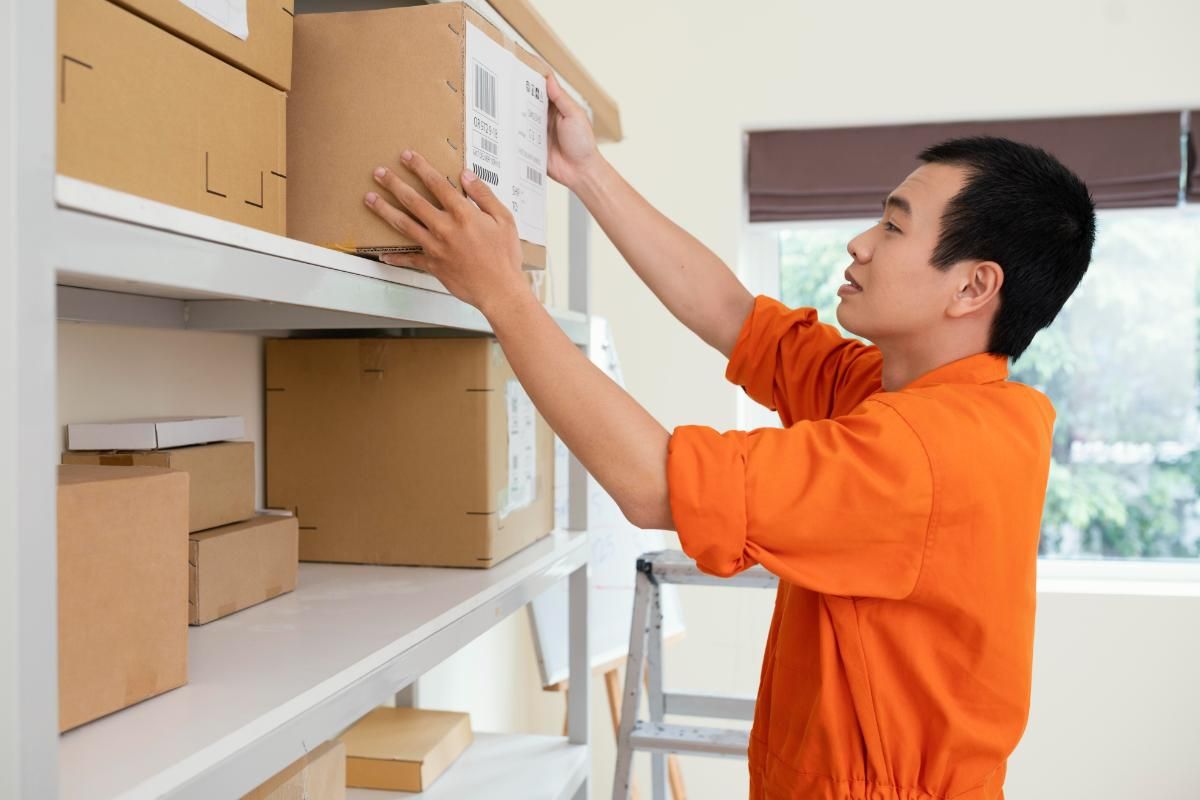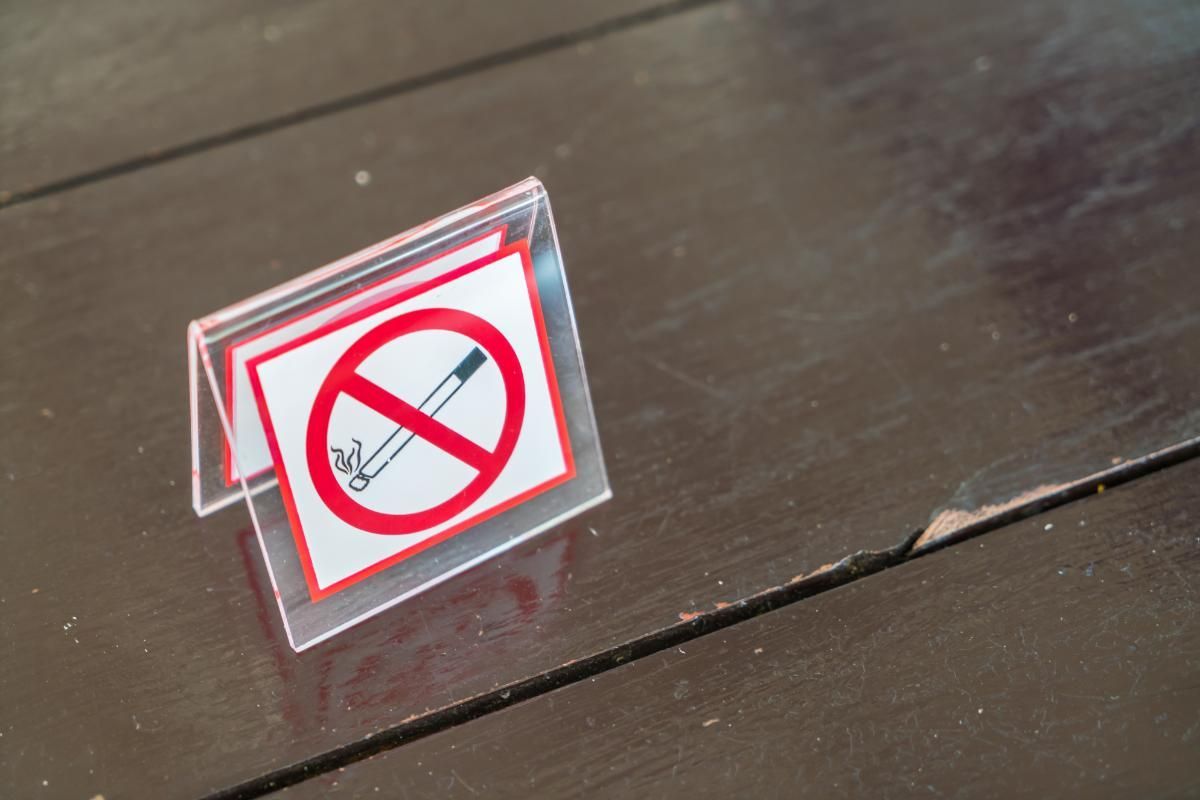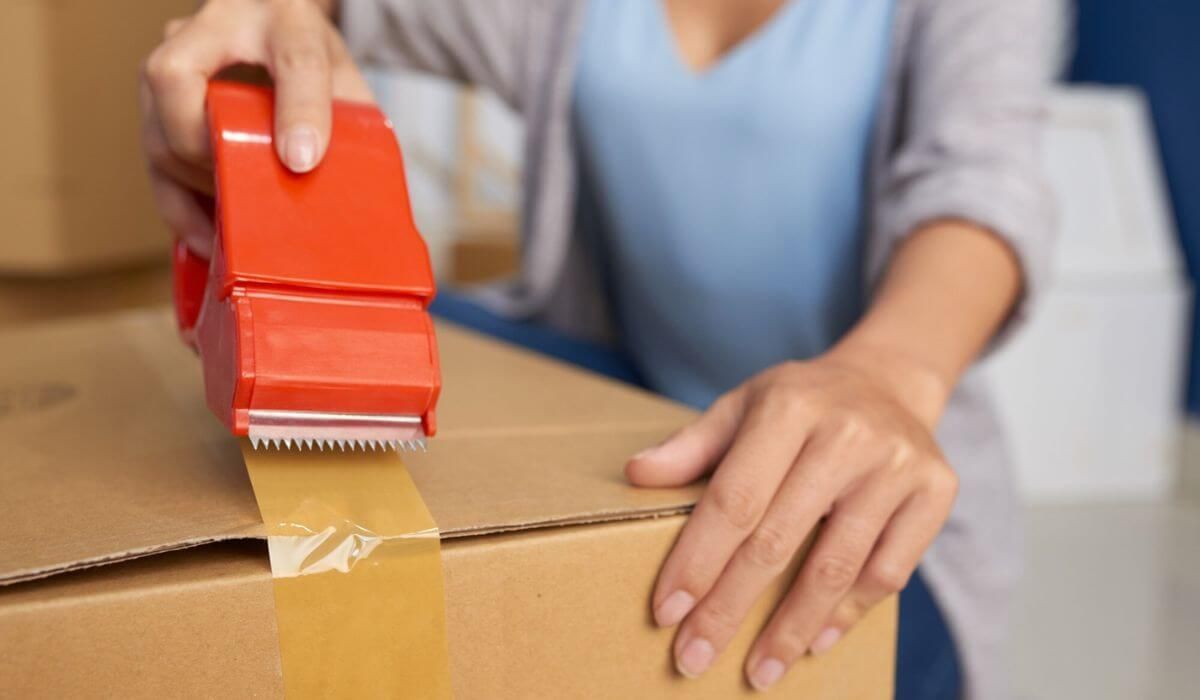Renting a storage unit can be a great solution when moving, downsizing, or decluttering. However, it is crucial to understand what not to store in a storage unit to avoid safety hazards, legal issues, and damages.
Storage facilities have strict rules regarding prohibited items. Understanding these restrictions helps protect your belongings, ensures compliance with regulations, and prevents potential risks. This guide explores the key items you should never store in a storage unit and explains why these rules exist.
Why Do Storage Facilities Restrict Certain Items?
Storage unit rules are in place for safety, legal compliance, and the protection of renters and their belongings.
Safety Concerns
- Hazardous and flammable materials pose risks of fire, explosions, or toxic leaks that can endanger lives and property.
- Perishable goods attract pests such as rodents and insects, leading to infestations that can damage other stored items.
- Storing living beings, including pets and plants, is both inhumane and unsafe, as storage units lack the necessary ventilation and care required for survival.
Legal Compliance
- Storing stolen goods or illegal substances in a storage unit can result in criminal charges and legal action.
- Storage facilities must comply with local laws and safety regulations to operate legally.
- Many facilities conduct routine inspections to ensure that all tenants adhere to policies.
Pest and Mold Prevention
- Food and other perishable items attract pests, including mice, cockroaches, and ants, which can spread to other units.
- Damp or wet items can lead to mildew and mold growth, which can damage both your belongings and the facility.
- Improperly sealed goods can cause contamination, affecting multiple storage units.
Protection of Other Renters
- A fire hazard, chemical spill, or pest infestation in one unit can impact the entire facility, putting other renters at risk.
- Strict regulations prevent incidents that could lead to property loss or health hazards for multiple tenants.

What Not to Store in a Storage Unit: A List of Prohibited Items
Storage facility policies may vary, but certain items are universally banned due to safety, health, and legal concerns.
Hazardous and Flammable Materials
Hazardous materials are strictly prohibited in storage units because they can cause fires, explosions, or toxic fumes.
Examples of restricted hazardous and flammable materials:
- Gasoline, diesel, and kerosene are highly combustible and can cause explosions under certain conditions.
- Propane tanks and butane canisters may leak and ignite when exposed to heat or pressure.
- Fireworks and explosives pose a significant risk, as they can detonate from heat, friction, or static electricity.
- Paint, paint thinner, and solvents contain chemicals that release harmful fumes and increase fire hazards.
- Cleaning chemicals and pesticides can react with other stored substances, potentially leading to toxic fumes or fires.
Perishable Items and Food
Storing perishable food items in a storage unit can cause multiple issues, including pest infestations, mold growth, and bad odors.
Reasons why food should never be stored in a storage unit:
- Perishable food attracts pests such as rats, cockroaches, and ants, which can damage other stored items.
- Spoiled food creates unpleasant odors that can spread to neighboring units.
- Moist food promotes mold and bacteria growth, creating a hazardous environment.
Alternative solutions for food storage:
- Use airtight, sealed containers if storing non-perishable dry goods.
- Rent a climate-controlled unit for long-term storage of temperature-sensitive items.
- Consider a dedicated food storage facility for bulk pantry items.
Living Things (Plants, Animals, and Humans)
Storage units are not designed for living beings, and attempting to store pets, plants, or even people is illegal and dangerous.
Reasons why living things cannot be stored:
- Plants require sunlight, water, and airflow, none of which are available in a storage unit.
- Pets or animals need food, care, and fresh air, and keeping them in a storage unit is both cruel and against animal protection laws.
- Human habitation in a storage unit is unsafe, as units lack ventilation, running water, and electricity, making them unfit for living.
If a facility discovers a living being inside a unit, they are required to report it to the authorities immediately.
Illegal or Stolen Items
Storage units should never be used to conceal stolen or illegal goods. Doing so can result in severe legal consequences.
Examples of prohibited illegal items:
- Stolen property is subject to confiscation by law enforcement, and the renter can face legal charges.
- Unregistered firearms and ammunition must be stored according to specific firearm storage laws and are not permitted in storage units.
- Illegal drugs and drug paraphernalia are strictly prohibited, and storage facilities may conduct inspections to prevent illegal activities.
- Counterfeit money or fake designer goods can lead to criminal prosecution if discovered.
Storage facilities enforce security measures to prevent illegal storage, including surveillance cameras, access control, and routine inspections.

Additional Storage Safety Tips
To ensure a hassle-free experience, follow these best practices for self-storage:
Store Items Properly to Avoid Damage
- Use durable, labeled boxes instead of plastic bags, which can trap moisture and cause mold.
- Stack boxes strategically, placing heavier ones at the bottom to prevent collapse.
- Avoid overpacking boxes, as this can lead to structural failure and make it difficult to access stored items.
Consider Climate-Controlled Storage
- Climate-controlled storage is ideal for electronics, furniture, artwork, and important documents that may be affected by temperature and humidity changes.
- These units help prevent warping, moisture damage, and mold growth.
Use Shelving and Protective Coverings
- Keeping items off the floor using wooden pallets or shelves reduces the risk of water damage.
- Wrapping furniture in plastic covers helps prevent dust accumulation and potential damage.
Conclusion: Safe and Smart Storage Practices
Understanding what not to store in a storage unit is crucial for ensuring safety, compliance with regulations, and the protection of your belongings.
Key takeaways from this guide:
- Hazardous materials, perishable goods, and living beings should never be stored in a storage unit.
- Illegal or stolen items can result in legal consequences if discovered.
- Proper storage practices, including using climate-controlled units and protective coverings, help maintain the integrity of stored belongings.
Before placing any items in storage, always check with your facility for specific regulations. By following these guidelines, you can enjoy a safe, secure, and hassle-free storage experience.


